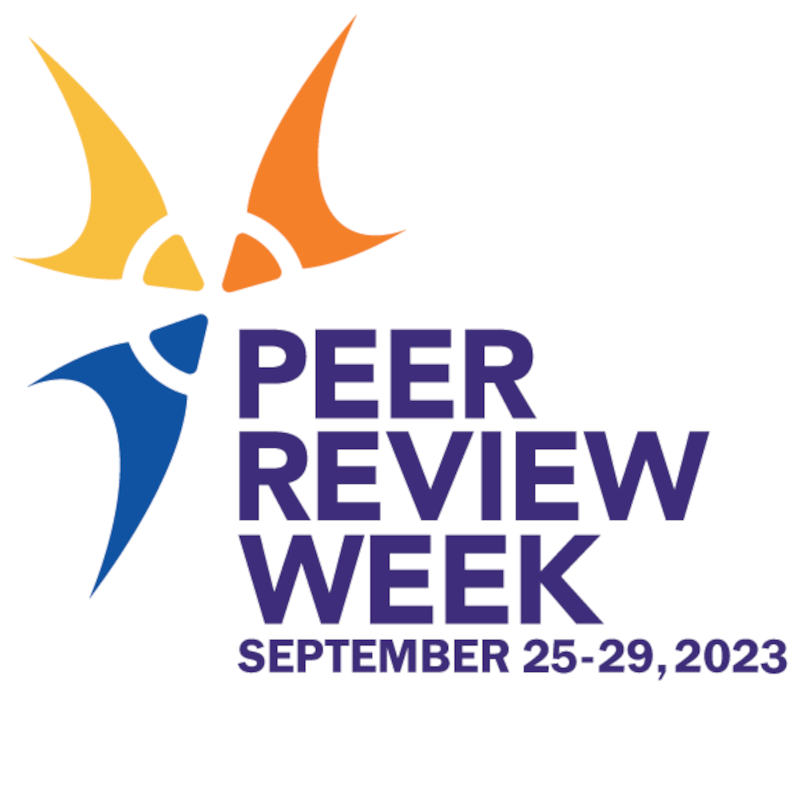In our commitment to support peer review, we're highlighting the different ways that we reward and recognise the vital contributions that our reviewers make to the publishing process.

Nature recently published an article about busy researchers cutting back on unrewarding duties. A survey ranked peer review as a major area where researchers are doing less. This is not surprising as most funders and institutions give it little recognition in grant and tenure applications. However, peer review remains essential to the scientific enterprise in assessing and disseminating research.
For many years, the Royal Society has provided reviewers with recognition by publishing a list of reviewers in citable articles. Here are the annual recognition articles recognising the contributions of reviewers in 2022:
- Biology Letters
- Journal of the Royal Society Interface
- Open Biology
- Proceedings of the Royal Society A
- Proceedings of the Royal Society B
- Royal Society Open Science
We also offer recognition through integration with third party services such as Web of Science Reviewer Recognition (formerly Publons). This free service records, verifies, and showcases peer review contributions, which can be used in promotion and grant applications. The reviewer gets credit even if the reviews are anonymous and the manuscript is never published. Simply opt-in to the Reviewer Recognition Service when reporting via ScholarOne.
Many of you have told us that discounts for future publication would be an additional incentive. In January, Open Biology introduced a reward scheme for reviewers. When an article has been reviewed, we provide a token to the reviewer which can be redeemed towards the Article Processing Charge (APC) cost of publishing an open access article. Tokens can be accumulated over time and combined with those of co-authors. Following an encouraging start, we are now extending it to reviewers of Biology Letters. Reviewers can now use their tokens when publishing in any Royal Society journal.
Find out more about our new rewards scheme.




